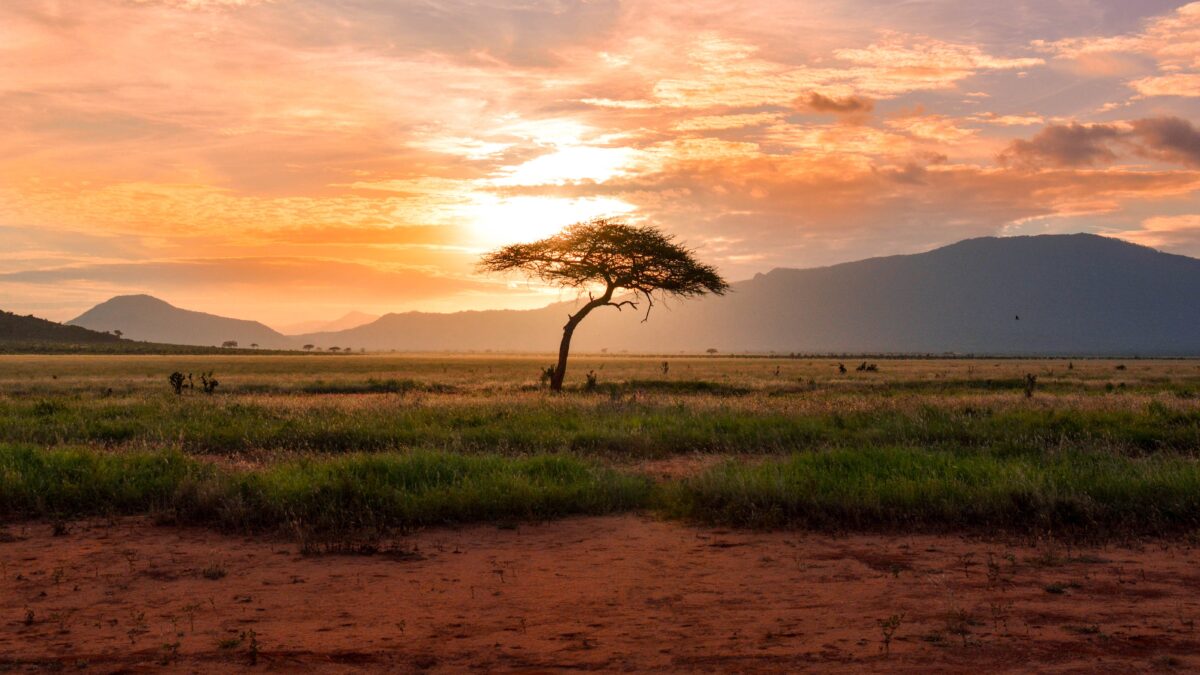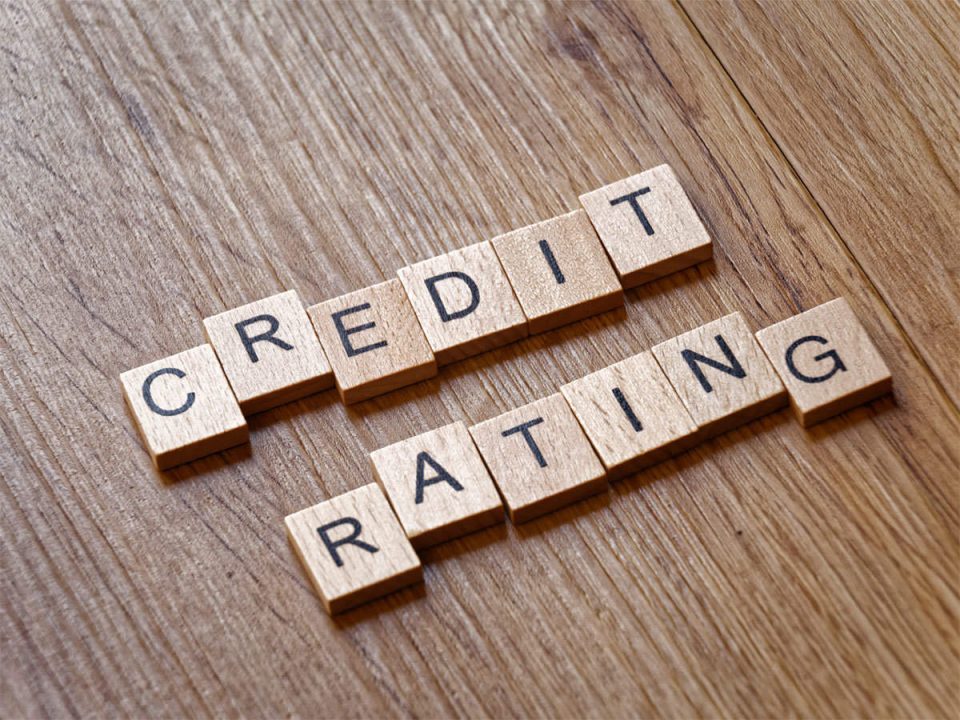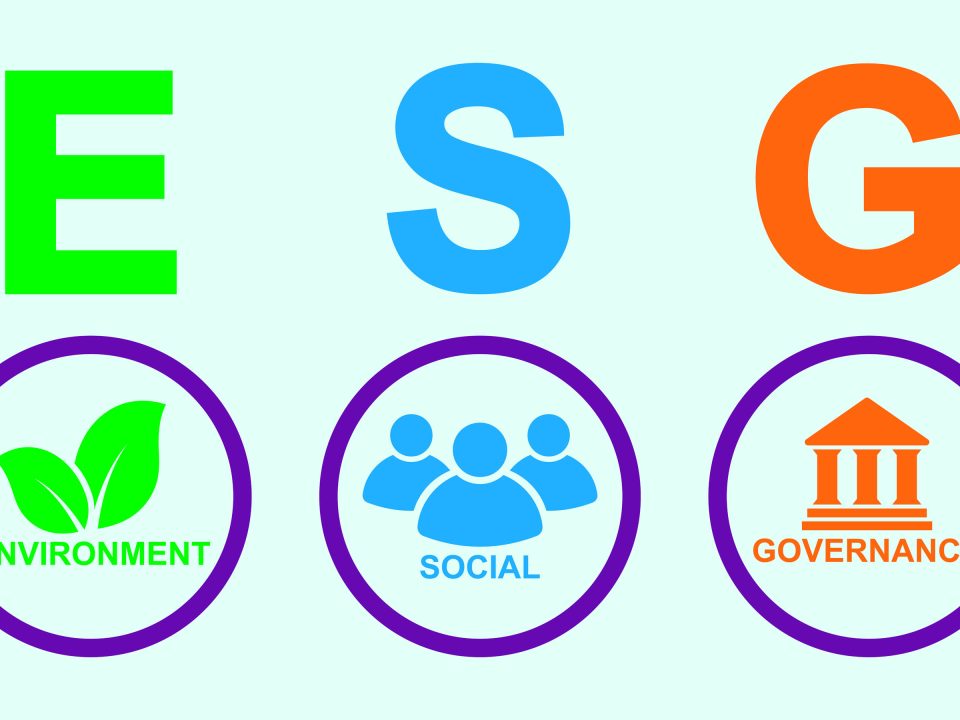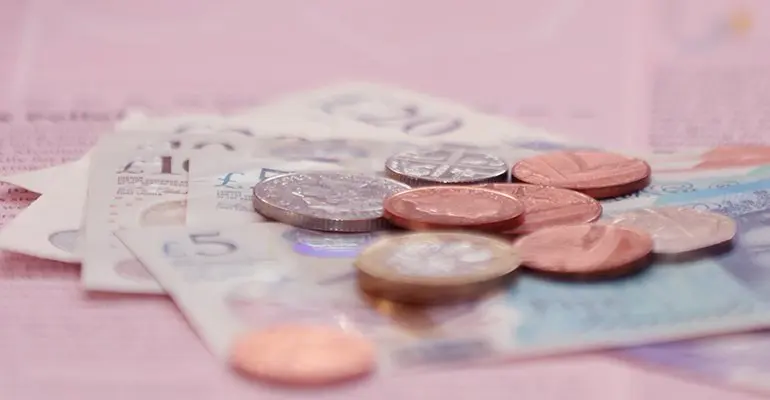
Who Are The Global Funders of Climate Change?
November 11, 2022
The World Bank: A Major Financier of Climate Change
November 18, 2022Climate finance is defined by the United Nations Climate Change as local, national, or transnational financing obtained from public, private and alternative sources of financing, that seeks to support mitigation and adaptation actions to address climate change. This type of financing may include grants, investments and technical assistance. Many developing countries are experiencing the heights of the climate crisis, as food prices and fuel costs surge with debt-stricken economies.
Financing is very crucial in the implementation of climate action programs and projects. As African leaders strive to attain the Paris Agreement pledge of US$100 billion annually, the onus lies on them to fulfil their financial commitments. The financial structure must include innovative financial instruments, debt-for-climate swaps, and climate-linked debt that will improve access, and scale-up measures for mitigation and adaptation.
As fiercer storms, drought, flooding, high sea levels, and altered seasons are escalating, governments are instituting policies and regulations in the fight against climate change. Policymakers are obliged to gear towards resilience as it aligns with the Sustainable Development Goals to make cities safe, resilient, and sustainable, and undertake actions that combat climate change and its impacts.
Resilience is how systems, infrastructures, and services are able to resist the effects of climate change. Building robust resilience and adaptation systems and infrastructure requires huge capital which most developing countries cannot expend. These projects improve the socio-economic development of the beneficiaries to plan, adapt, and succeed amidst this crisis. Most African countries rely on donor funding from developed countries, multinationals, climate funds, and advocacy support groups to undertake such programs and projects.
Ghana has received several donor funding in the form of loans, grants, and technical assistance from developed countries and agencies such as DANIDA, KfW, the European Union, and the Africa Development Bank Group. These donors undertake various investments in renewable energy projects to increase electricity access and improve livelihoods. Most renewable energy developers in the country are yet to be provided with flexible and affordable financing arrangements for low-carbon emission projects to boost climate resilience.
With the COP27 discussions underway, one key focus area needs to be the making of funding available to developing countries to support sustainable projects and programs. The government of Ghana during the Sustainable Energy for All event as part of COP 27, has indicated its commitment to increase the share of renewable energy in the electricity generation mix.




